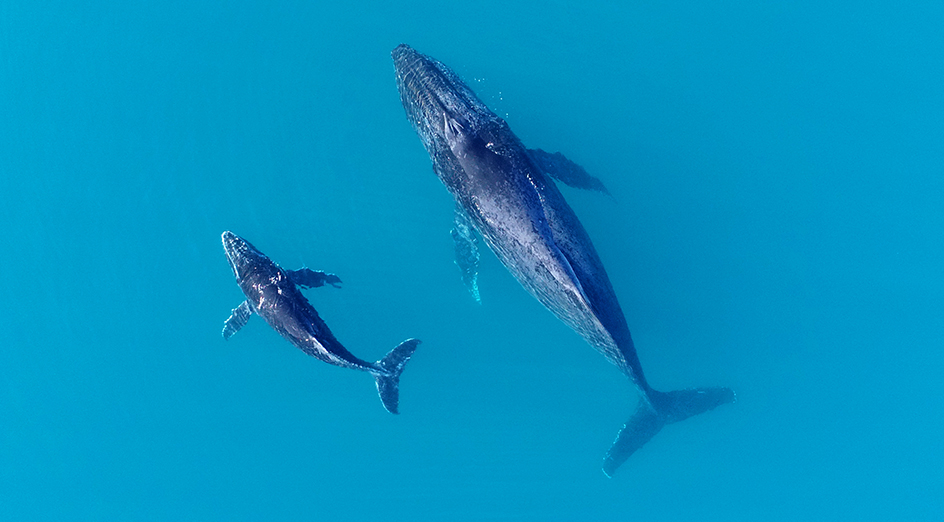The Centre for Social Impact (CSI) is holding a week-long series of webinars discussing new research that shows, for the first time, how social progress indicators can be used as a measurement for the Sustainable Development Goals – focusing on building socially inclusive communities rather than only economic recovery.
Using the (ASPI) tool, CSI maps and measures how well a society is able to attend to the basic human needs, foundations of wellbeing, and opportunities for Australians.
Key insights:
- ACT is performing better than expected on overall social progress and making good progress on all SDGs. They benchmark higher in SDGs 1 (No Poverty), 2 (Zero Hunger), 4 (Quality Education), 5 (Gender Equality), 9 (Industry, Innovation and Infrastructure), 10 (Reduced Inequalities), 11 (Sustainable Cities and Communities), 16 (Peace, Justice and Strong Institutions) and 17 (Partnerships for the Goals) compared to all other jurisdictions.
- NSW is performing better than expected on overall social progress, but is performing worse than expected on homelessness, air quality, and high school retention rates. It is making good progress towards SDG goals 2 (Zero Hunger) and 3 (Good Health and Wellbeing), but should prioritise environmental goals 14 (Life Below Water) and 15 (Life on Land).
- NT is significantly underperforming on overall social progress compared to its economic peers, but performing better than expected on inclusiveness. Based on the SPI scores, NT is making slow progress towards achieving the SDGs. Across all states and territories, it maps poorest progress on all goals except 14 (Life Below Water) and 15 (Life on Land).
- QLD is performing slightly worse than its economic peers on overall social progress. It is performing better on indicators of water interruption, air quality, and the rate of acts to cause injury. It is making slowest progress towards achieving goals 4 (Quality Education) and 9 (Industry, Innovation and Infrastructure).
- SA is performing within an expected range of overall social progress compared to its economic peers. It is performing better than expected on the proportion of young people classified as NEET, rate of social housing overcrowding, and cardiovascular mortality. In terms of SDGs, SA performs best in the country in terms of Affordable and Clean Energy (goal 7) but showing the poorest progress in terms of goals 14 (Life Below Water) and 15 (Life on Land).
- TAS is performing within the expected range of social progress compared to its economic peers. It is performing better on water stress, and Indigenous disparity rates in out of home care and abuse substantiations. In terms of the SDGs, TAS is progressing best around the country on goals 3 (Good Health and Well-Being), 6 (Clean Water and Sanitation), 8 (Decent Work and Economic Growth), 12 (Responsible Consumption and Production), 13 (Climate Action), 14 (Life Below Water), and 15 (Life on Land).
- VIC is performing within the expected range of social progress compared to its economic peers. It is performing better than expected on personal safety and health and wellness indicators, but worse on social housing tenancy, Indigenous disparity in out of home care, and public transport safety. Like NSW, VIC should prioritise goals that are focused on environmental quality (goals 14 and 15).
- WA is performing worse than its economic peers on overall social progress. It is performing better on shelter indicators, as well as the infant mortality rate and cardiovascular mortality rate. In terms of SDGs, according to the APSI, WA should prioritise improving progress towards goal 8 (Decent Work and Economic Growth).
CSI APSI Lead Researcher, Dr Megan Weier, says that by using publicly available data, the tool identifies where there is more work needed by states and territories as they work towards achieving the SDGs.
Dr Weier and Ms Isabella Saunders, APSI and CSI Researchers, have authored a research paper that uses the ASPI to identify the different pain points for vulnerability so they can be considered when planning recovery from a disruptor such as COVID-19 to create more inclusive and equitable societies.
“COVID-19 will likely exacerbate social vulnerabilities, as it entrenches inequalities and affects certain socio-demographic groups more than others. That’s why we are using the APSI, so we can identify these vulnerabilities, government priorities and work towards building back better across all Australian jurisdictions,” Dr Weier said.
“Policy responses across the country have primarily focused on economic recovery and maintaining employment; some States and Territories have also prioritised ensuring there is adequate policy to protect personal safety, access to basic education, and inclusiveness. As we think about COVID-19 recovery, we also need to ensure that it is recovery that aligns with the SDGs and doesn’t further entrench existing disadvantage.”
More in-depth insights into state and territory performance on social progress and progress towards achieving the SDGs will be discussed this week through a series of webinars hosted by CSI APSI researchers. Registration is available at:
- Monday 12 October: Victoria
- Tuesday 13 October: South Australia/Tasmania
- Wednesday 14 October: Western Australia/Northern Territory
- Thursday 15 October: Queensland
- Friday 16 October: New South Wales/Australian Capital Territory
Each webinar will commence at 11:30am AEDT and will run for an hour.
.








